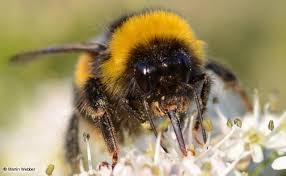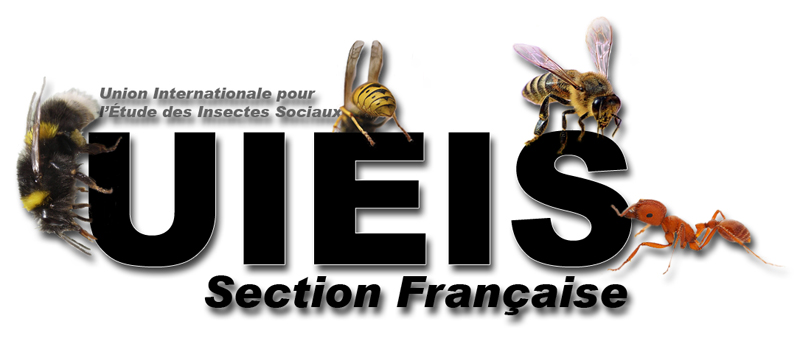
Deadline: 6 January 2020
PhD: Studying bumblebee population dynamics and adaptations to understand plant-pollinator evolution under climate change Supervisors: Richard Gill, Jacob Johansson & Keith Larson
To date our understanding of how insect pollinator declines are influenced by climate change remains limited. For instance, why have some species shown evidence of latitudinal range shifts in apparent response to climate change when others have not? To address this type of question requires us to understand the eco-evolutionary processes by which insect pollinator populations and their host plants are dynamically responding and how this translates to plant-pollinator network evolution under climate change. Taking a population biology approach (using complementary genetic approaches), this project will look to understand how bumblebee populations and host plant visitations have changed over the past 50 years for an Arctic bumblebee community in Lapland, Sweden. This will involve understanding how preceding climatic condition has affected population demography of each of 13 species of bumblebee. The study will reveal changes on population trait frequencies over space and time and how resource competition is determined through adaptations to temperature extremes to predict plant-pollinator network structure and the potential for species invasions.
The project takes advantage of a unique phenology transect established over a century ago allowing us to compare past data on bumblebee/plant community composition and phenology with contemporary data spanning the major warming over the last five decades. The transect runs along an altitudinal gradient on Mount Nuolja, Abisko, providing a thermal cline with the study taking a space-for-time substitution approach. The student will become experienced in using a number of interdisciplinary techniques, including a variety of fieldwork skills, bee and plant taxonomic identification, molecular methods in DNA barcoding and population genetics, studying bee thermal profiling, managing and analysing big data, skills in ecological network construction, statistics and developing mathematical models to understand extinction vulnerability. The project will involve a significant amount of fieldwork in the Arctic and will require the candidate to be relatively physically fit. This interdisciplinary project will also benefit from co-supervision & collaboration from a number of world-leading scientists, including: Jacob Johansson (Imperial College and Lund University, Sweden); Keith Larson (Umea University, Sweden); Jason Tylianakis (Canterbury University, NZ), Andrew MacDougal (University of Guelph, Canada); Emily Baird (Stockholm University (Sweden).
The PhD is competitively funded. The student will based at the Silwood Park campus of Imperial College and hosted by the Gill lab that is well equipped to study bee evolution and ecology. The student will be surrounded by world leading researchers in the disciplines of ecology, evolution and conservation. Facilities include 100 hectares of field site, new controlled environment rooms, microbiology facility, labs tailored for bee research and spacious workspace.
Please send your CV, a one page cover letter explaining why you are suitable for the project, and the names and e-mail addresses of two referees to Dr Richard Gill r.gill@imperial.ac.uk by 6th January
2020. Informal enquiries for either are welcomed.
Student eligibility: Applicants should have, or be about to obtain, a Masters qualification and have a 2.1 or higher undergraduate degree in Biology, Ecology, Evolution or similar. To be eligible for a full award they must have either British Citizenship, or Settled status in the UK, meaning they have no restrictions on how long they can stay, or been « ordinarily resident » in the UK for 3 years prior to the start of the studentship – (For non-EU citizens, this must not have been in full time education.). This does not apply to UK nationals.
Dr Richard Gill
Department of Life Sciences
Imperial College London
Silwood Park campus
Buckhurst Road, Ascot
Berkshire, SL5 7PY
UK
Phone: 44 (0)20 759 42215
Webpage: http://www.imperial.ac.uk/people/r.gill
Senior Lecturer, Grand Challenges in Ecosystems and the Environment Initiative
Course Director for Masters of Research (MRes) in Ecology, Evolution & Conservation
